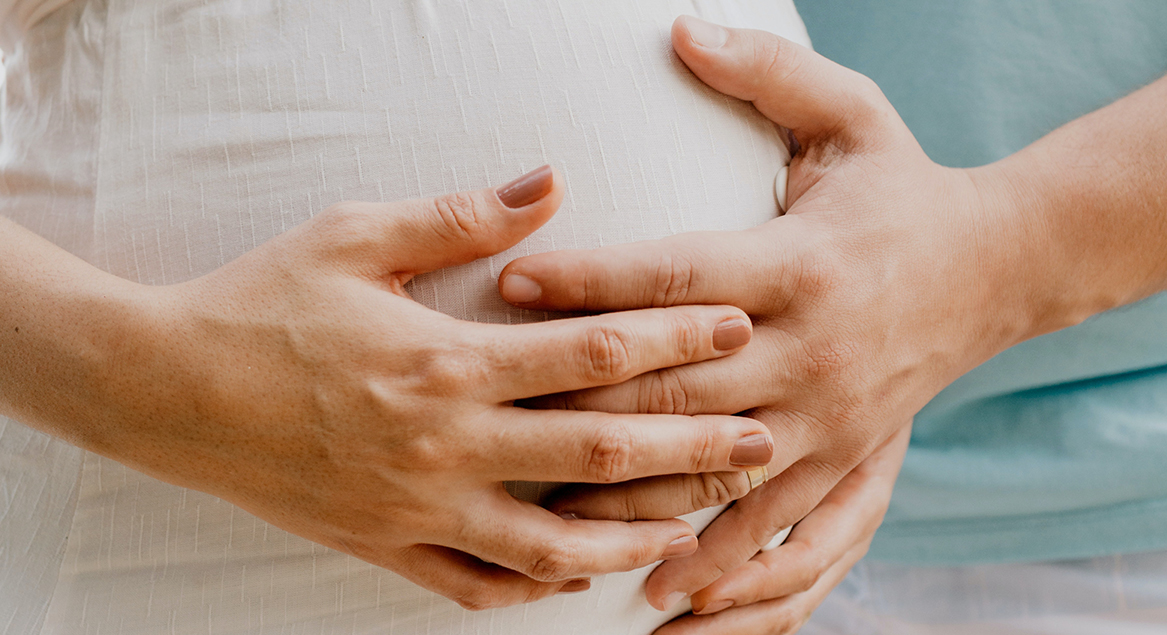
SCHOOL OF HEALTH
Psychological status of women during pregnancy and childbirth
Countries all over the world are paying attention to the mental health status of pregnant women, a special group. Epidemiological data show that the prevalence of anxiety and depression during pregnancy and childbirth in Western developed countries is 7% to 40%. Thet prevalence of anxiety and depression during pregnancy and childbirth in Asian countries is 3.5% to 63.3%. The prevalence of anxiety and depression during pregnancy and childbirth reported in my country is 1.1%-52.1%, with an average of 14.7%.
The DOHaD theory, namely "the developmental origin of health and disease", as the most cutting-edge research field in the current medical field, emphasizes the influence of the intrauterine environment during pregnancy on the long-term and even multi-generational health of the fetus. It is very important for the health of mothers during pregnancy. Guiding significance.
The "World Happiness Report" survey shows that the mental state of mothers can best predict the level of children's mental health.
Psychological assessment of women during pregnancy and childbirth
Psychological self-examination methods for pregnant and lying-in women Among the psychological problems during pregnancy and childbirth, the most typical ones are anxiety during childbirth and depression after childbirth. If the following conditions occur during pregnancy, you must seek professional psychological help as soon as possible.
1. Worried about becoming "more", feeling anxious, always worried that accidents will happen to oneself or family members.
2. Expectations become "high", always dissatisfied, and always feel that others cannot meet their requirements.
3. The demand becomes "big", and I feel wronged in my heart, and I always need others to coax and spoil myself.
4. The evaluation becomes "low", cranky thinking, restlessness, or often blames or low self-esteem.
5. Ability becomes "small", lack of interest in everything, dull action, slow thinking, memory and concentration decreased significantly, and comprehension decreased.
6. Sleep becomes "less", poor sleep, difficulty falling asleep, light sleep, more dreams, and easy to wake up.

In addition, to define whether a person is mentally healthy, the following three basic principles should also be followed:
Principle of identity: That is, whether the mental activity and the external environment are identical. Whether a person's thoughts, thoughts, and actions can correctly reflect the external world, and there is no obvious difference from the common sense of society.
Coordination principle: Whether the mental process is complete and coordinated. Combining one's own comprehensive conditions (physical, age, education, experience, etc.) can complete the matching tasks.
Stability principle: Whether the personality psychological characteristics are relatively stable. Whether the current individual's temperament, personality, ability and other personality characteristics are relatively stable compared with the previous ones, and whether the behavior shows consistency.
Psychological measurement and evaluation of pregnant and lying-in women
The "Experts Consensus on the Management of Maternal Mental Health (2019)" pointed out: The screening of mental health problems for pregnant women should be part of routine maternal health care, and pregnant women should undergo regular psychological screening, that is, in the first trimester (13+ Psychological screening and evaluation will be carried out before 6 weeks), the second trimester (14-27+6 weeks), the third trimester (28 weeks and later) and 42 days postpartum.
The commonly used scales for evaluation are as follows: Pregnancy Stress Scale (PPS), Fear of Childbirth Scale (CAQ), Edinburgh Postpartum Depression Scale (EPDS), Zong’s Self-Rating Depression Scale (SDS), Zong’s Self-Rating Anxiety Scale ( SAS), 90-item symptom self-rating scale (SCL-90), generalized anxiety disorder scale (GAD-7), depression self-rating scale (PHQ-9).
Treatment of psychological problems of pregnant and lying-in women
In the process of routine health care for pregnant women, pay attention to the changes in the mental state of the pregnant women, pay attention to risk factors, improve the emotional management skills of the pregnant women, evaluate the psychological state when necessary, and identify the crisis state in time. Those in need can receive relevant courses and counseling for childbirth before delivery. For pregnant women with poor mood or high risk of mental health, it is recommended to seek formal professional medical institutions for psychological consultation and treatment in time.